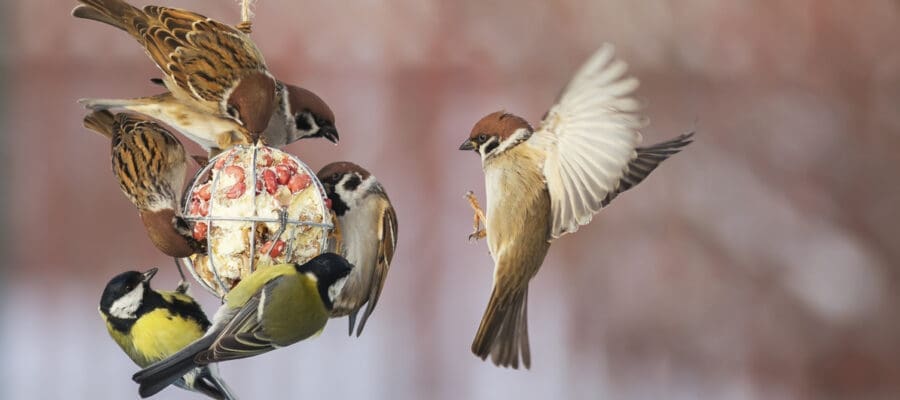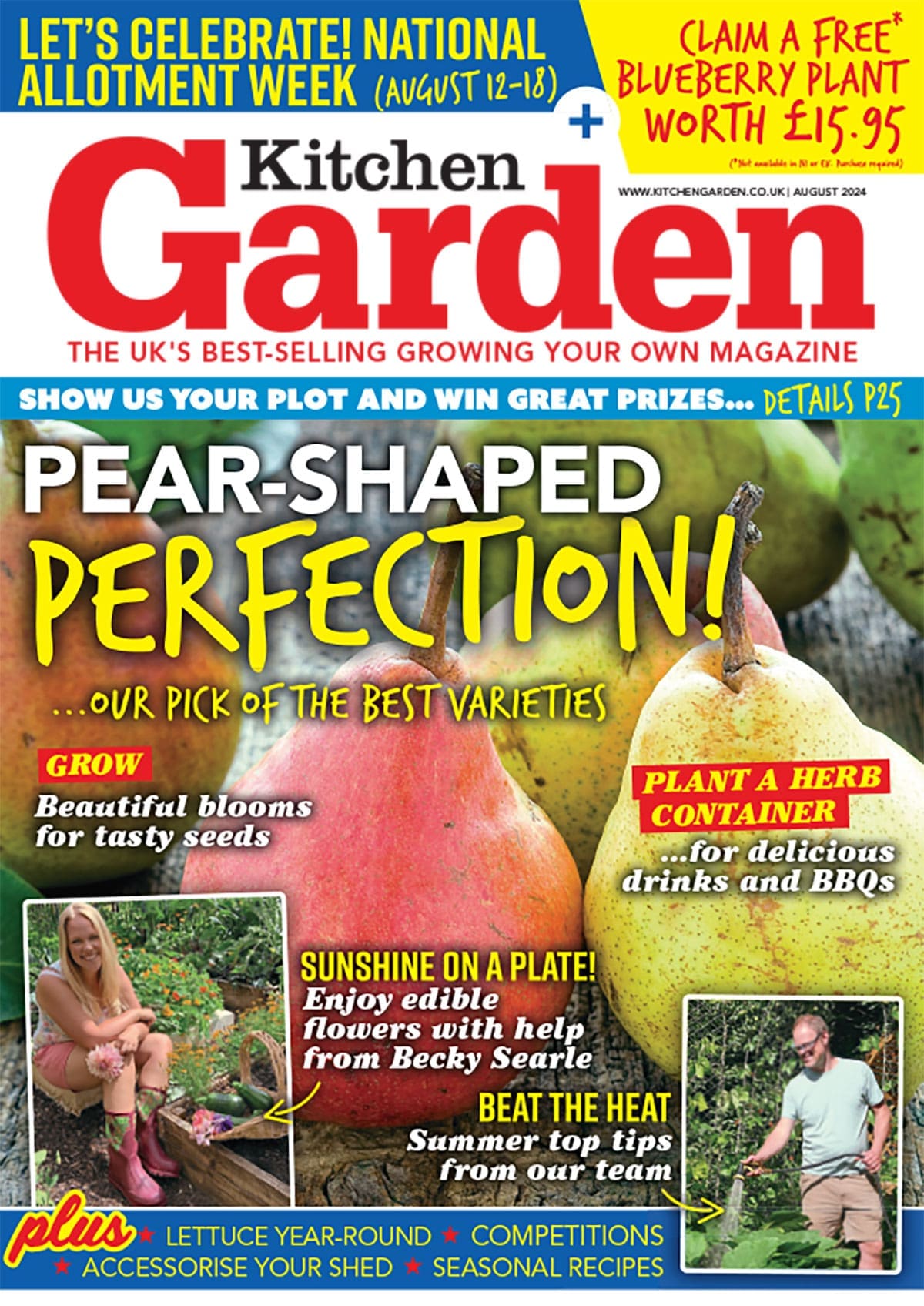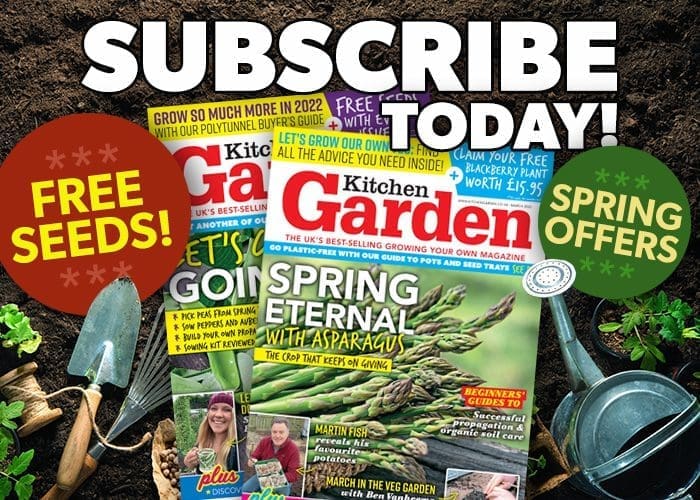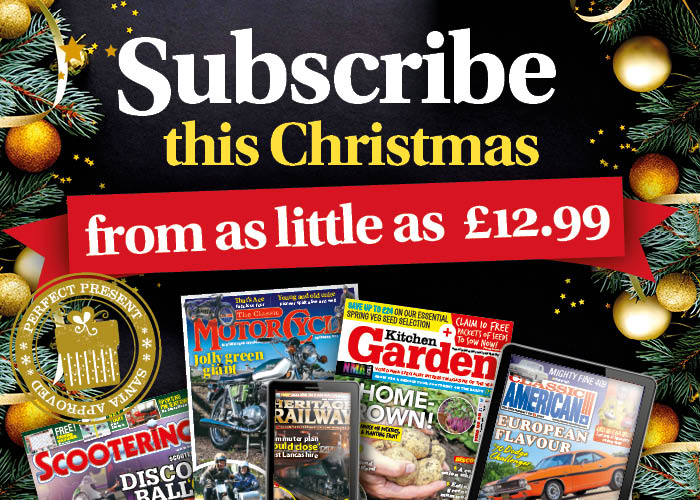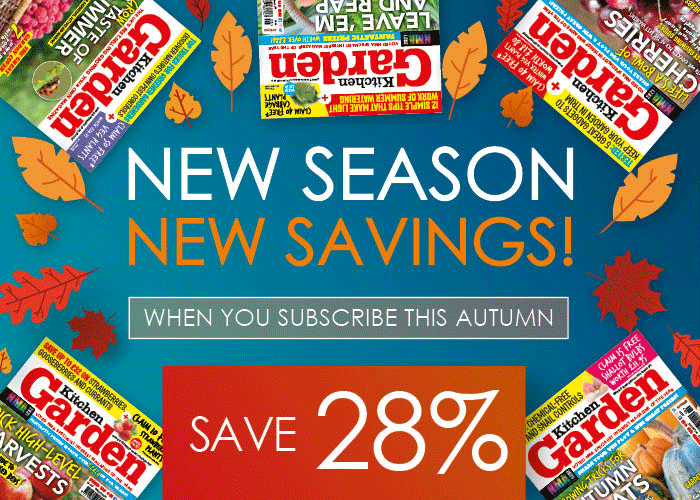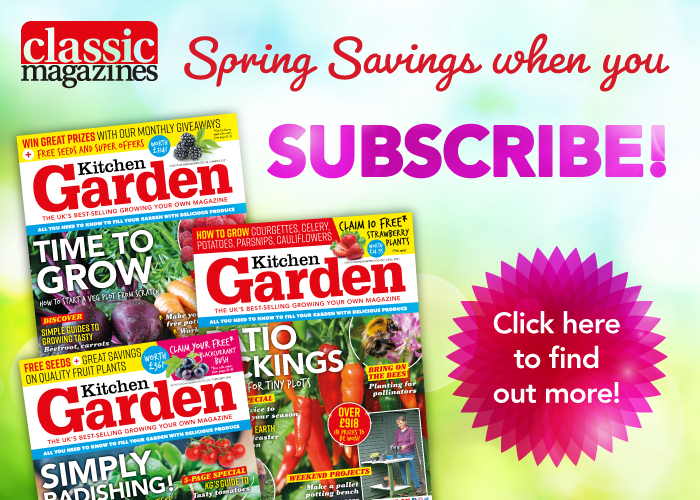As the ground freezes over, the RSPB (The UK’s largest nature conservation charity) is urging people everywhere to spare a thought for Britain’s feathered residents. From the iconic red-breasted robin to the spectacular dove, these fantastic creatures rely on our outdoor spaces for food and shelter — especially during colder months.
During the colder months, birds need high-fat, high-energy foods to sustain their warmth. They achieve this by raising their metabolic rates. All that extra fat also serves as an excellent insulator, providing an extra layer of protection against the cold.
Even if you don’t often see many birds in your area, you might be surprised just how many arrive once you’ve popped a bit of grub down!
Keen to deliver a feast fit for a finch? Be sure to follow these expert tips:
- Remember — birds need high-energy, high-fat foods. Suet is an ideal winter food source, and it’s popular with all sorts of birds, making them ideal for any outdoor space. Try these suet-filled coconut shells, suet balls, or vegan suet cakes.
- Keen to attract some lovely robins, or perhaps a few blue tits or pied wagtails? You need mealworms. These high-protein dried insects are an ideal winter food source (provided you’re not too squeamish to handle them!)
- If the weather’s particularly bad, there’s a good chance you’ll have to put food out twice daily. Just remember to keep an eye on things — overstocking your table may attract pests and could lead to bacterial growth.
- Get creative! You can use all sorts of everyday objects to build your own bird feeders — check out this TikTok for some conservationist-approved inspiration!
Which foods are highest in fat and energy?
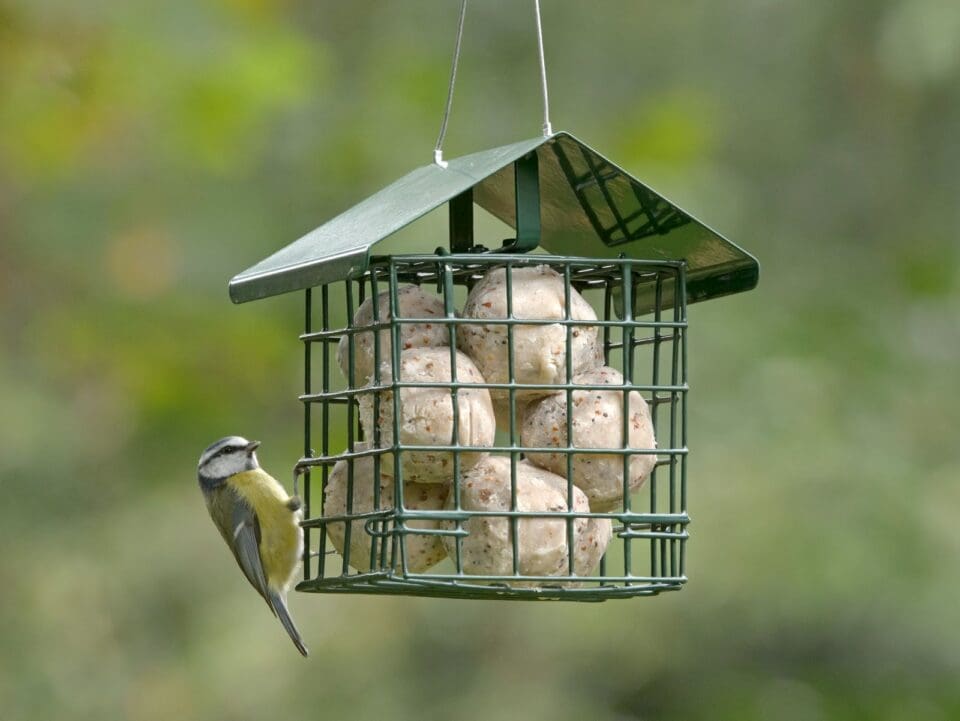
Given that our beaked buddies can’t rely on insulated jackets or Ugg boots to keep them toasty, they’ve got to rely on high-fat, high-energy foods. Stock your bird table or bird feeder with the following:
- Sunflower hearts: Packed with essential fats and energy, sunflower hearts are a favourite among many bird species, including goldfinches, coal tits, and great tits.
- Suet: An excellent source of energy and fat, suet comes in various forms like suet-filled coconut shells, suet balls, suet pellets and vegan suet cakes.
- Peanuts: High in fat and energy, peanuts are a convenient and attractive option for winter bird feeding — just remember to feed them in a rigid mesh feeder.
Simple vegan fat ball recipe
Fancy cookin’ up something good for your garden visitors? Just follow this simple recipe!
You will need:
- 225g vegetable shortening or coconut oil.
- 400g bird-friendly seed mix.
- Chopped nuts (optional)
- Melt fats: In a bowl, melt vegetable shortening or coconut oil until liquid.
- Mix in seeds: Stir in the bird-friendly seed mix until well coated. Add optional nuts.
- Prepare shapes: Wait for the mixture to cool slightly and spoon into moulds or shape it into balls by hand.
- Set and cool: Allow the fat balls to completely cool and solidify, either at room temperature or in the refrigerator for faster results.
- Hang or place: Once solid, hang the vegan fat balls with twine, place them in a special fat ball bird feeder, or pop them on a bird table.
If cooking isn’t your strong suit or if you’re short on time, worry not. RSPB have fully assembled vegan suet cakes that will still go down a treat with local birds.
Where should you place a bird feeder?
Similar to how we humans prefer certain seating spots in a restaurant, birds also have their own dining preferences. Placement is everything!
- Safe placement: Position feeders away from fences and dense hedges to protect birds from predators like cats.
- Look-out points: If possible, place feeders near small bushes, providing birds with a lookout point.
- Choose wisely: The RSPB Shop stocks a range of purpose-built, eco-friendly bird feeders, but if you’re unsure about which one to pick for your garden, just check their bird feeder guide!
What not to feed the birds
Follow the tips below to ensure your feathered visitors are provided with a healthy, safe meal.
What to avoid
- Loose, whole peanuts: Use a rigid mesh feeder to avoid the risk of birds choking
- Salted foods: Dehydrates birds; steer clear of all salted options.
- Cooked food: Attracts unwanted guests like rats; opt for bird-friendly alternatives.
- Roast dinner leftovers: Meat juices mixed with fat can be harmful to birds.

